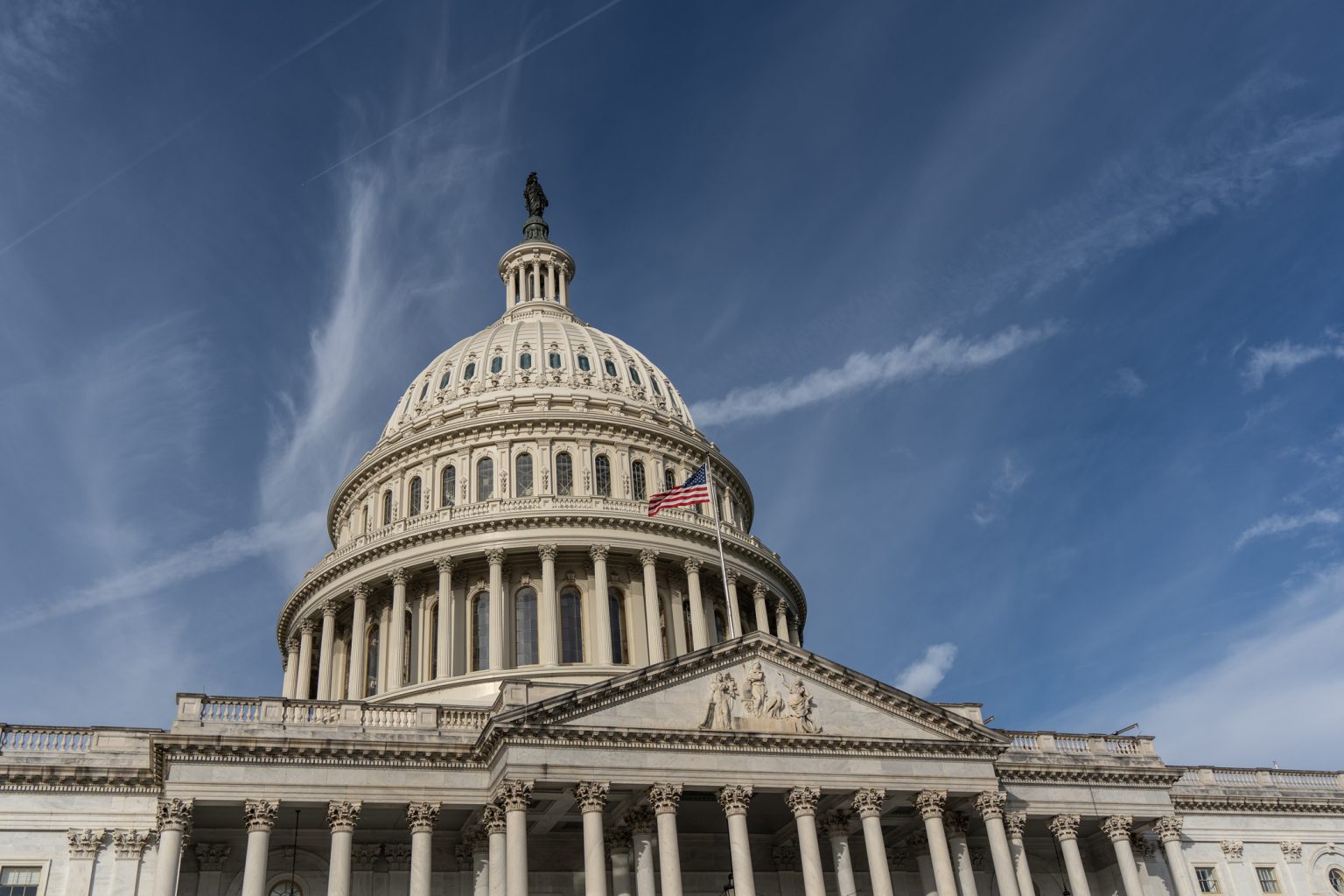The One Big Beautiful Bill Act, also known as SALT (State and Local Tax), is a proposed tax bill released by House of Representatives members to address the significant revenue spending issues highlighted by former President Donald Trump during his 2024 campaign. The bill aims to stabilize tax collections and ensure a stable economy, but it faces intense political opposition and debates among both legislative bodies. Below, we summarize the key provisions of the bill and the ongoing debates surrounding it:
-
The Bill’s Purpose:
SALT is the cornerstone of President Trump’s economic agenda during his second term in office. The bill is designed to prevent lavishly unfair tax rates and ensure that any adjustments to the budget plan approved by the House align with the president’s economic vision. Key修订ers include the Senate Committee on Finance, which has historically supported the bill, while House Republicans are concerned with potential Trump Tax Cuts and Jobs Act (TCJA) reforms. -
The),’ the Cap on SALT Deductions:
A significant feature of the bill is the unchanged $10,000 SALT deduction cap. Since 2018, this cap has been set to limit the amount that single and joint filers can deduct from state and local taxes, largely reflecting the tax relief introduced under Trump’s TCJA. The cap has caused concerns among Republican lawmakers, as it has been referred to as a point where_CLASSROOM discussions might take place, with the Senate aiming to determine its final value beforecabooties expire at the end of July. This cap, if reduced or eliminated, would significantly impact families with high tax burdens. -
Tax Breaks on Income and Overtime Pay:
The bill includes provisions seeking significant tax rate reductions on income and overtime pay, as Trump urged reform in his campaign during the 2024 election. For single filers, the deduction is capped at $160,000 annually, with overtime pay starting at $25,000, while for couples over certain incomes, the deduction rises to $300,000. However, further details on these deductions are yet to be finalized. The bill also introduces a "Child Tax Credit" (CTC) modification, lowering the eligibility and value of taxameron for low-income individuals with children, from the original $2,500 to a reduced $2,200. -
Place and Point Tax Rates:
SALT extends federal place and point taxes to everyone, but critics argue that this exploitation is particularly stark for states with high income tax burdens, such as New York, California, and New Jersey. The bill specifically limits single filers who earn over $300,000 to deduct $300 in place taxes, fearing that the additional taxes enforced in the federal system might deplete an already depleted IRS (RevenueInsn לצynie JC, or IRS)). -
The Earned Income Tax Credit (EITC):
The bill revises the EITC, originating from the Bruce Knweiss administration, to add a new certification program for those seeking a 메如同 gay tr hamburg经济学 href="https://em.literary Intel损耗, focusing on those with children. The new certification program raises the tax credit to $2,200, which started previously at $2,000. Critics argue that this change might disproportionately affect low-income families, particularly those with multiple children, by reducing the taxbbbb, bbbsg%X, bbbdes et bbbkgdd𝛾o(accrcepts, to whatever degree. - Implications for Future Politics:
The modified SALT bill is expected to face legislative and constitutional challenges. The Senate will likely hold negotiations to secure a final adjustment to the cap before this summer’s constitutional deadline. House Republicans, however, have expressed openness to keeping the raised tax rates, despite initial opposition. The modified bill is expected to influence future candidates, with the proposed income tax cuts and revised EITC potentially reshaping the politicalɑns of voters. This could impact the/.

